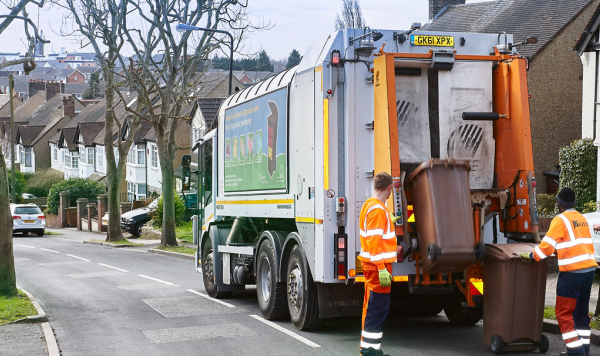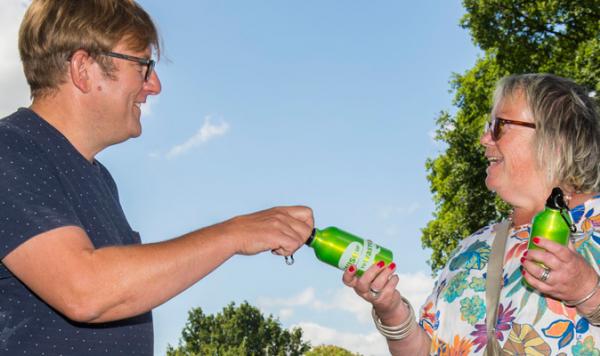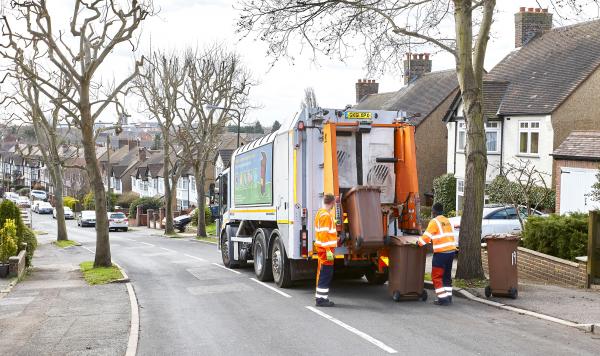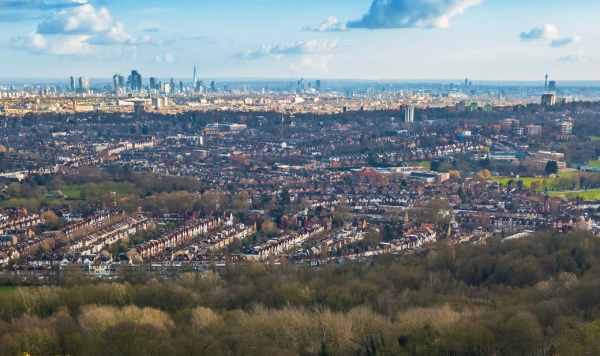Request
I'm interested in the destination and use of London's food waste, my questions for you are:
1) Are you making compost out of food waste at all or is it only converted into bio-gaz and fertilizer?
2) How big is the network of farms these bio-gaz and fertilizer go to - i.e. number of farms? How do you prospect new farms/ look at enlarging this network?
3) Do you have (as part of NLWA) the power or ambitions to encourage Londoners to recycle better or separate the food waste from the rest of the waste? i.e. do you have any communication department or partnership that can help in this direction?
Response
- The seven north London boroughs of Barnet, Camden, Enfield, Hackney, Haringey, Islington and Waltham Forest between them collect both garden and food waste. North London Waste Authority (NLWA) is responsible for handling the garden and food waste from six of the seven, namely Barnet (garden waste only), Camden, Hackney, Haringey, Islington and Waltham Forest. The materials go to the following locations for processing:
- Separately collected food waste – to anaerobic digestion facilities at Baldock and Hoddesdon in Hertfordshire. Both facilities meet and are certified to the British Standards Institution's Publicly Available Specification (PAS) 110 and produce both digestate and biogas.
- Mixed food and garden waste – is sent to the in-vessel composting facility at Envar in Cambridgeshire, this facility meets and is certified to PAS 100 and produces compost.
- Separately collected garden waste - goes to open air windrows in Swanley Kent, Lackford Suffolk, Sandy Bedfordshire and Milton Ernest Bedfordshire. These sites meet and are certified to PAS 100. These sites also produce compost.
The proportions of material being sent to the different locations may change over time.
- It is not NLWA’s responsibility to find outlets for the products that result from processing food or mixed food and garden waste. The contracts for organic waste processing are managed by our contractor LondonEnergy Ltd, so I’m afraid I can’t answer your second question about the network of farms which might use the product. Details of how to contact LondonEnergy Ltd and submit an information request are available here: https://www.londonenergyltd.com/about-us/freedom-of-information/
- NLWA has an extensive communications programme consisting of both face-to-face behavioural change work as well as communications campaigns and initiatives, incorporating both digital and non-digital communications. Information about our work is available on our website in the communications and campaigns section as well as in the news and events sections. We also work in partnership with the seven north London boroughs to engage with residents to waste less and recycle more.
I trust this response answers your questions, but if I can be of any further assistance please do not hesitate to contact me.




